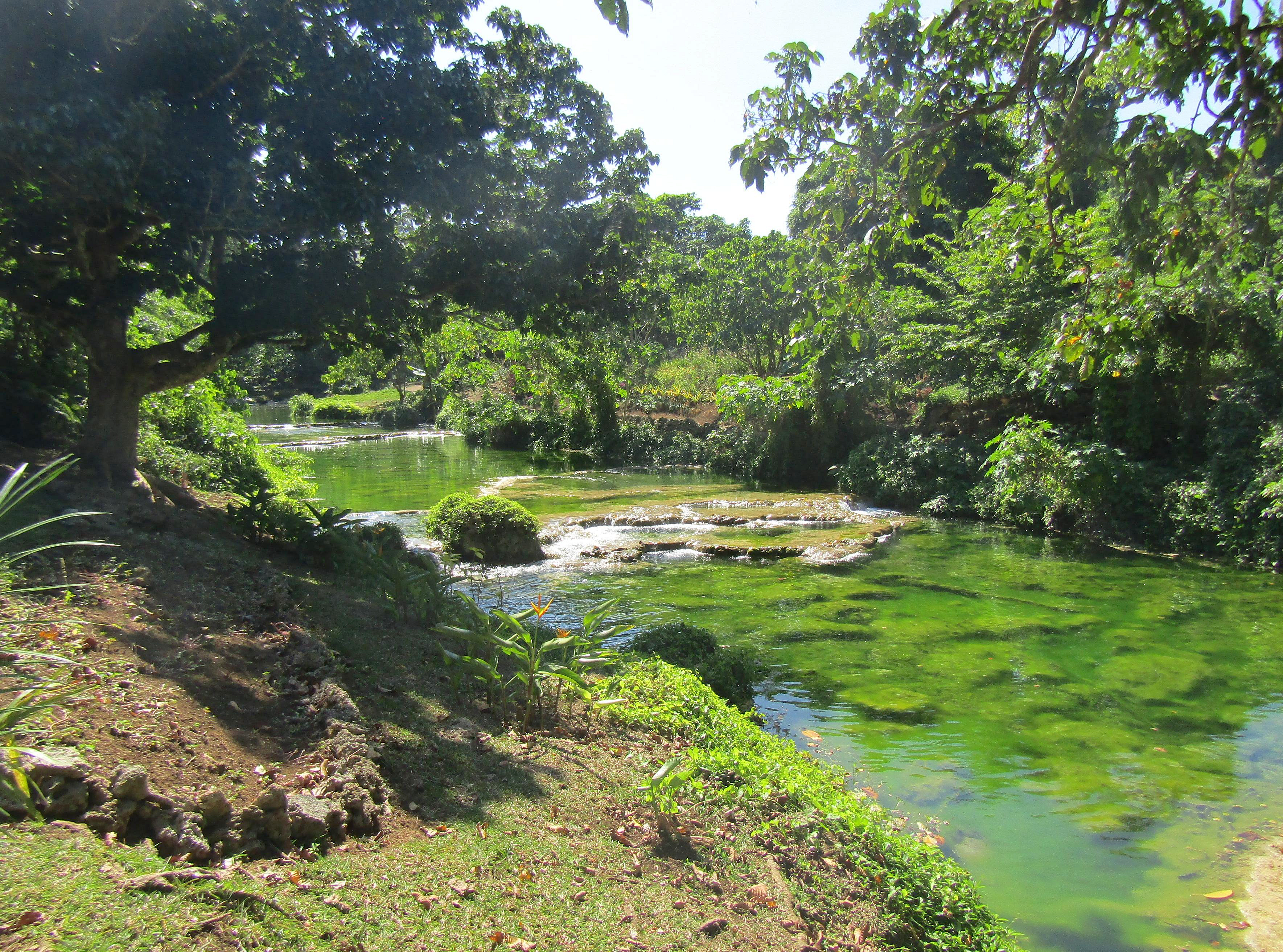
It’s beautiful! But after a while you notice… what’s this? A kind of green slime, algae! Oh, bother. Why does that stuff have to come along and ruin things? So you purchase algae eaters and wage the same war that other enthusiasts fight. It seems that life keeps giving you lemons. So make lemonade!
The Good, the Bad, and the Algae
A little algae here or there is a part of nature and not ordinarily a problem. But sometimes it just plain takes over. Notice the feature image above. Would you want to wade across this stream? Probably not, because of the green gunk, the excessive algae.
Sometimes humans exacerbate the problem resulting in lots of the green stuff. Consider what is sometimes dumped into streams. Sewer plant discharge, called effluent. If there is insufficient processing, nitrogen and phosphorous containing compounds may be released into the water, resulting in an excess of algae, reducing oxygen and harming fish.
Lemons to Lemonade
Algae is like anything else found in nature. It has its place. It is Man’s meddling that is the real problem. And so it is with our lemon. We turn the excruciatingly sour lemon into a highly palatable beverage, lemonade!
While it is possible to feed animals algae and even to eat it ourselves, in our technological world, is there another use we can think of? Yes. We can turn algae into biodiesel fuel. The following video enthusiastically provides the particulars.
In Conclusion
Humans all too frequently evaluate items found in nature as either absolutely good or absolutely bad. How much wiser it is to say to oneself, I wonder how this can be put to good use? What can I benefit from it?
Note: You might also enjoy What is Peat Moss? How Could It Harm the Environment?
References: